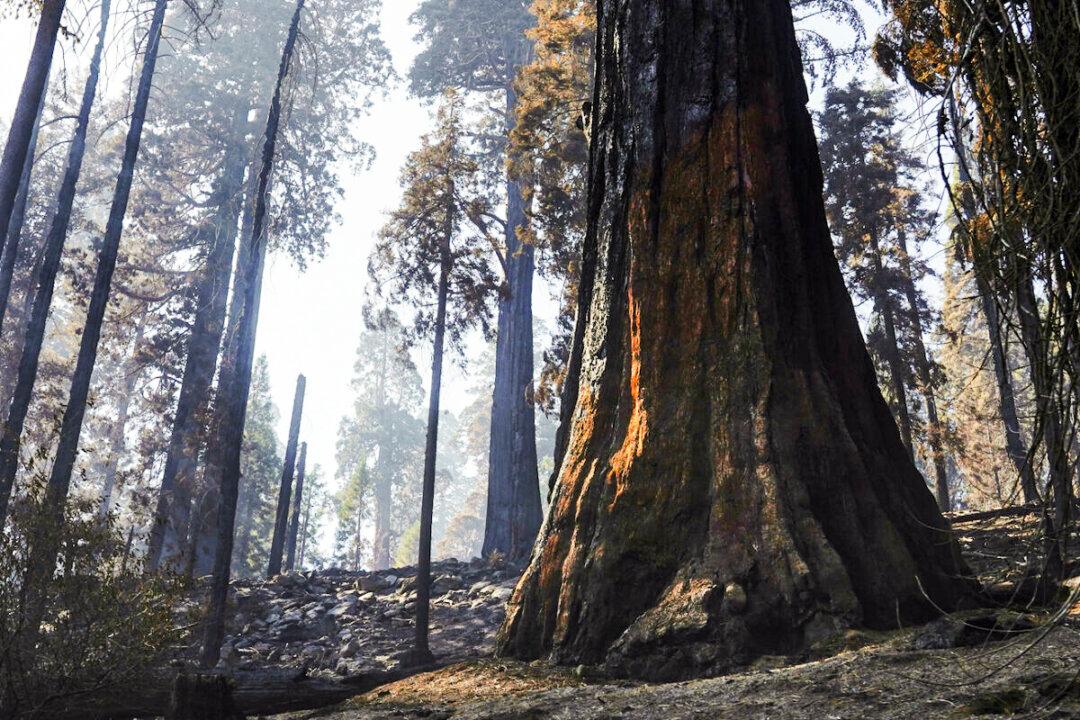More than 100 world leaders have committed to support an agreement to halt and reverse deforestation and land degradation by 2030, the UK government announced on Nov. 1.
The leaders, representing more than 86 percent of the world’s forests, agreed to work together on the Glasgow Leaders’ Declaration on Forests and Land Use at the COP26 climate summit, also called Conference of the Parties 26, in Glasgow, Scotland.




